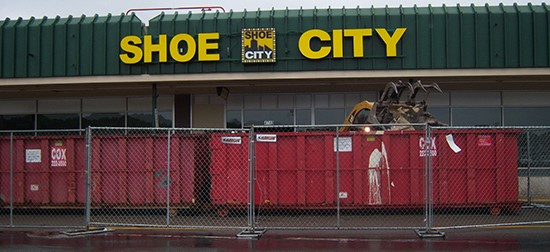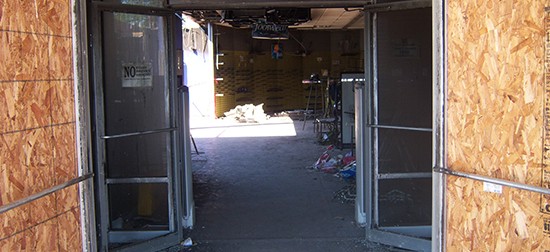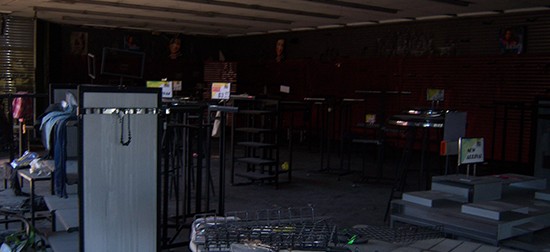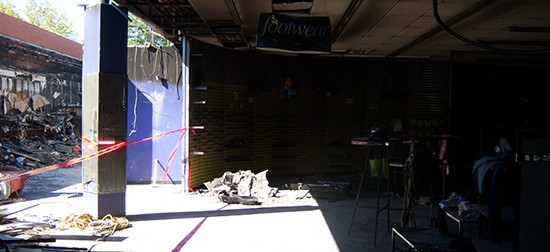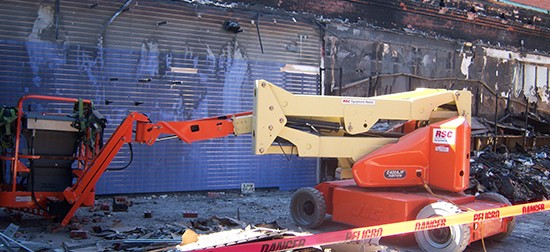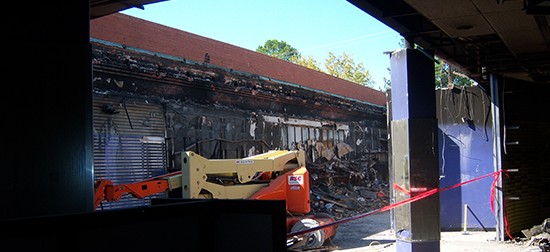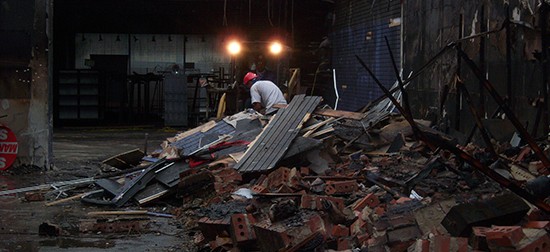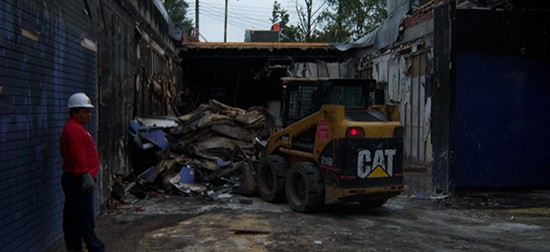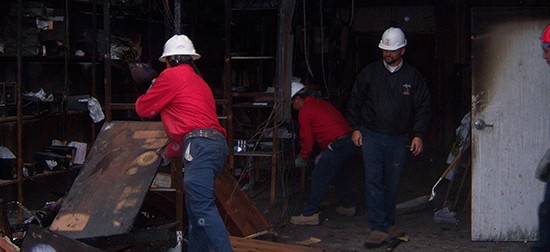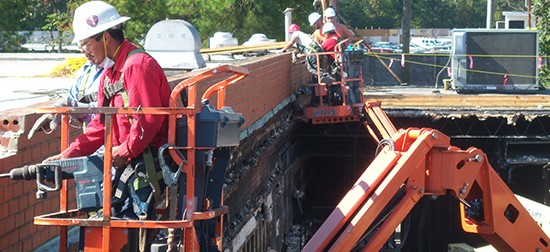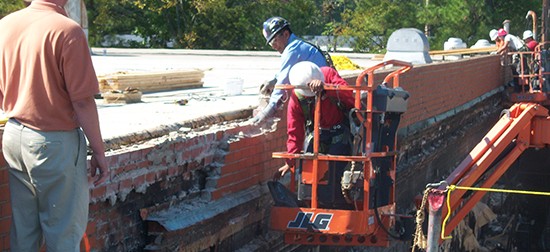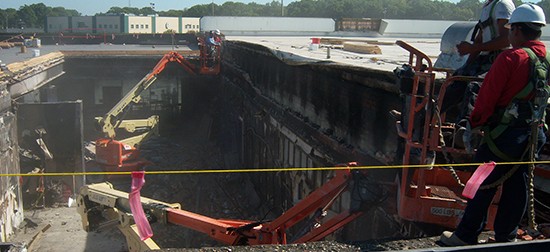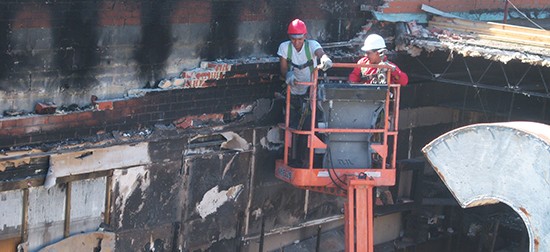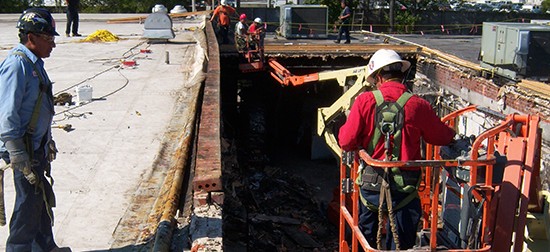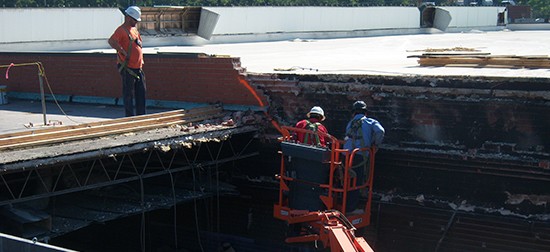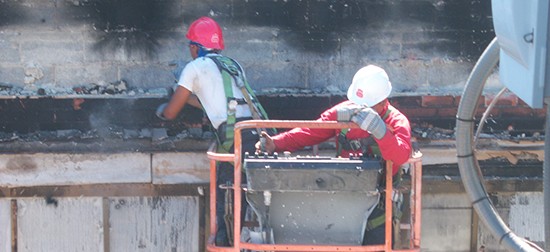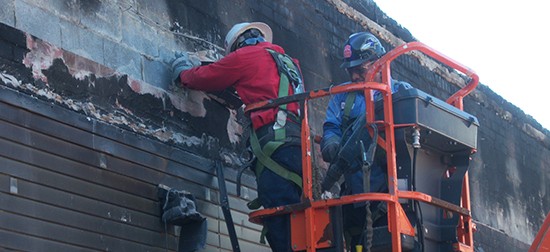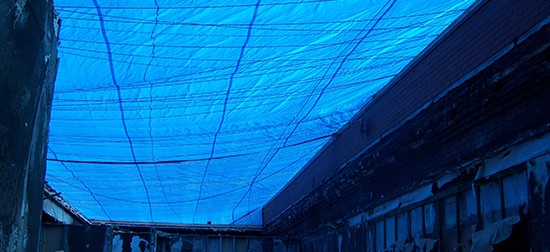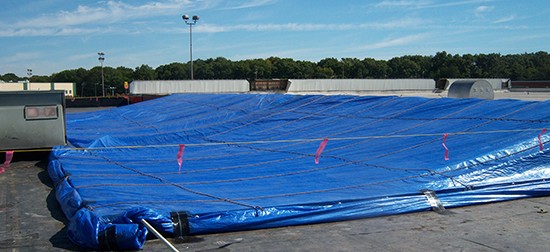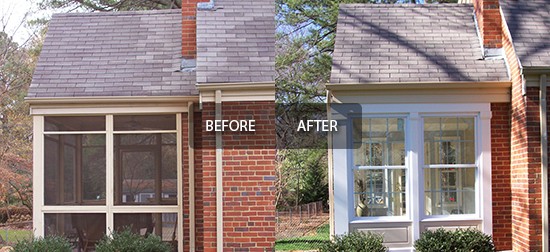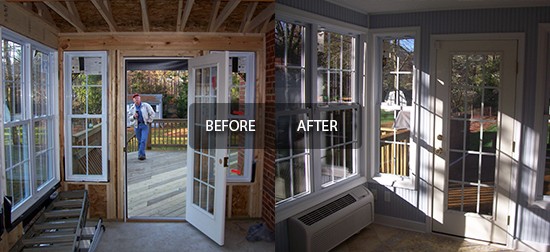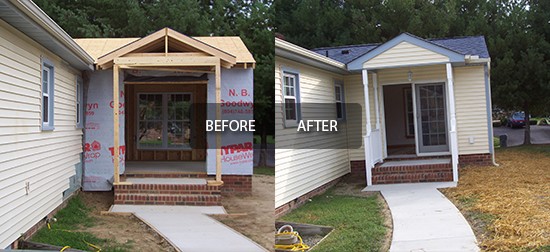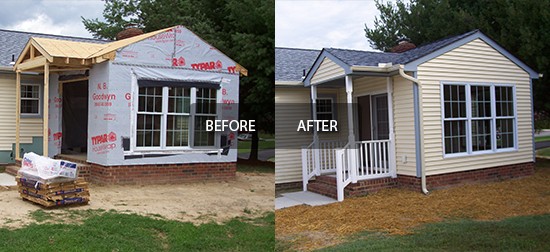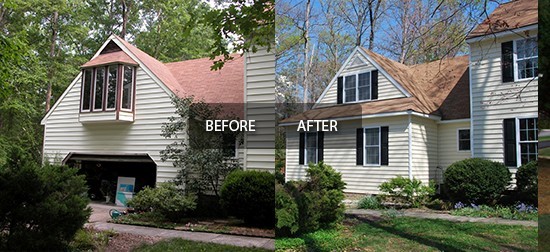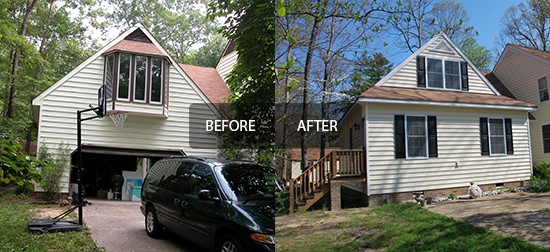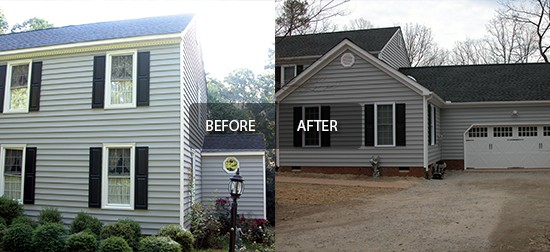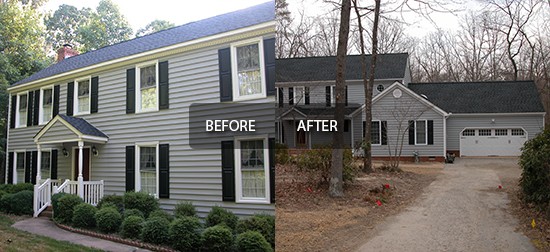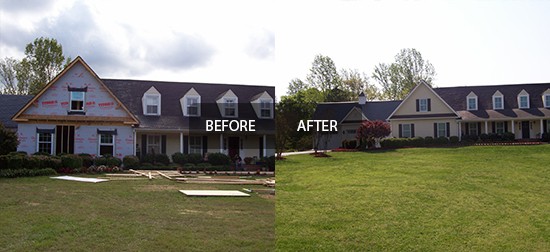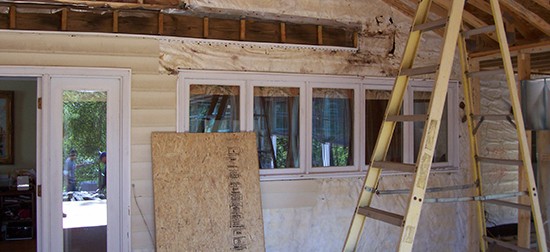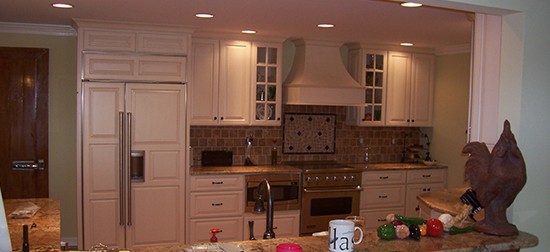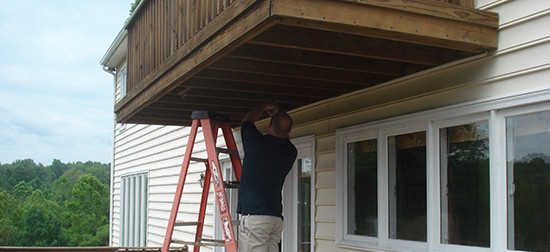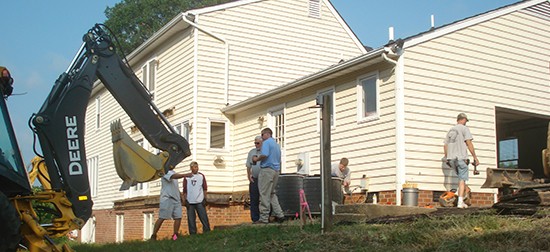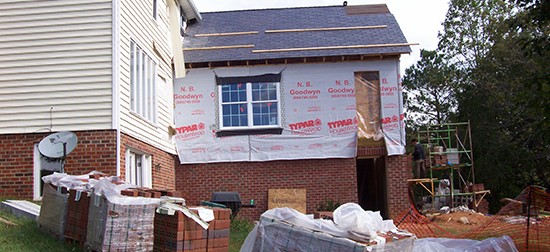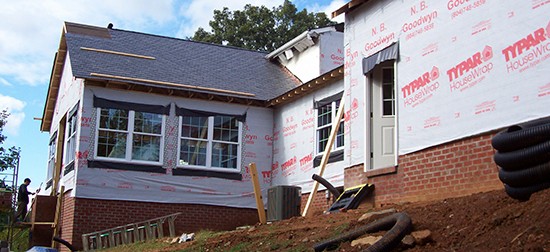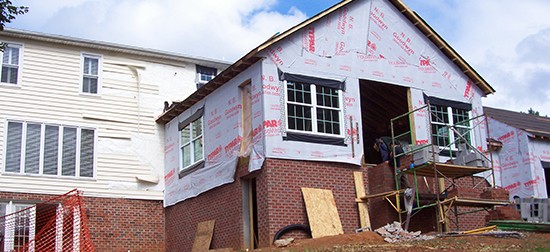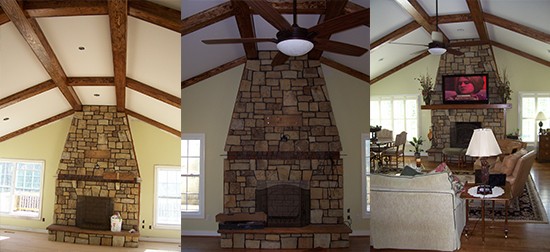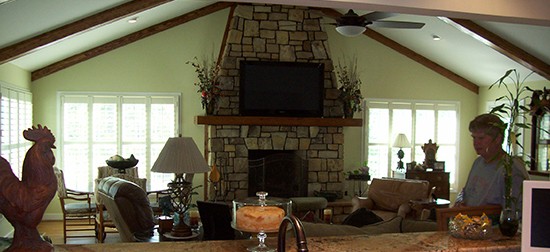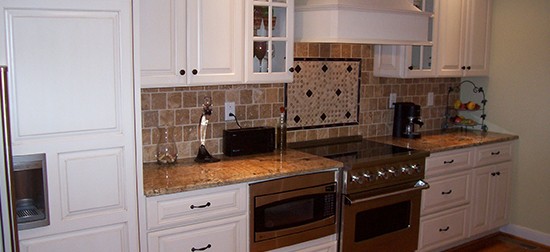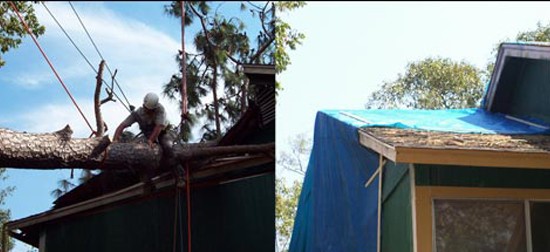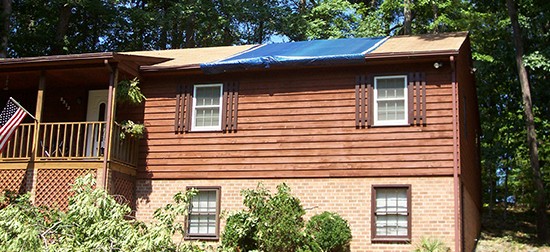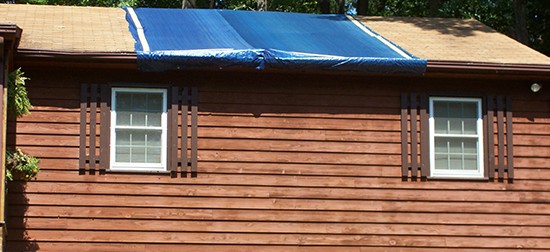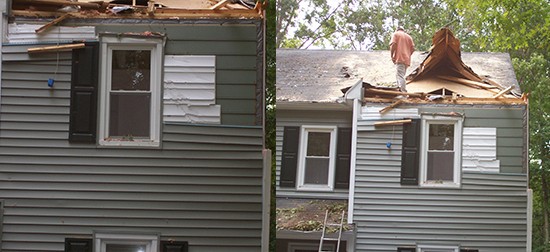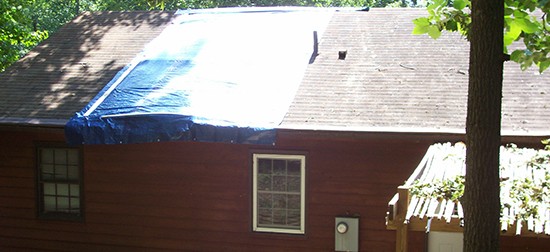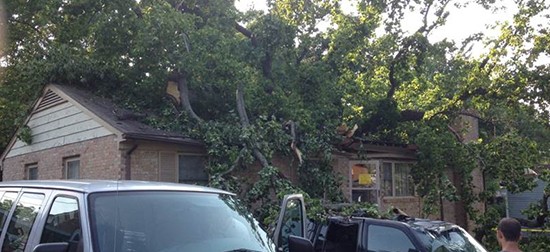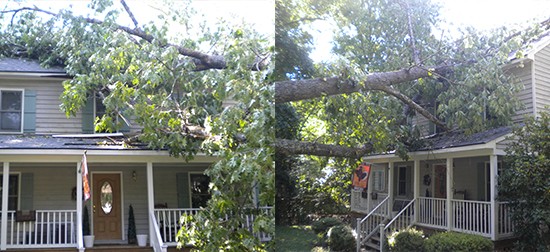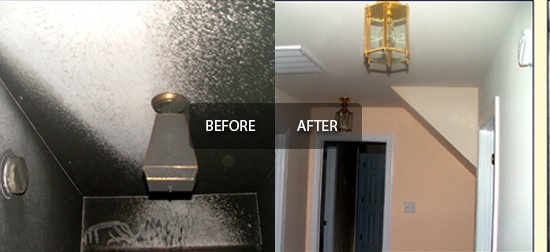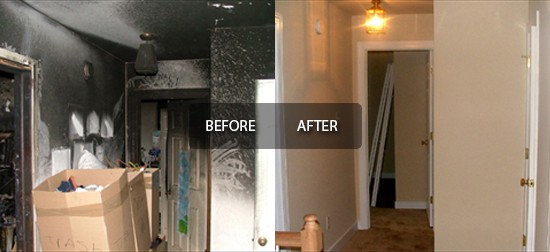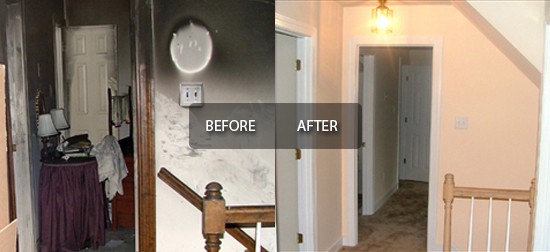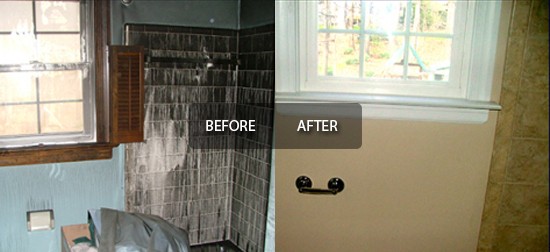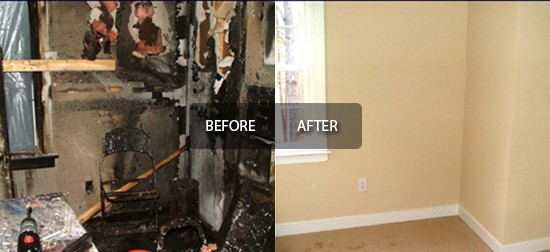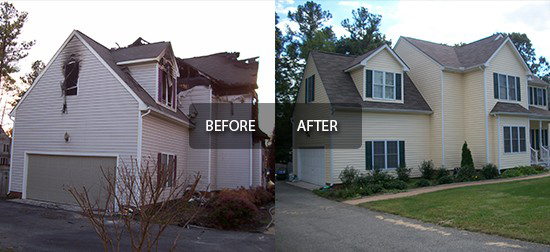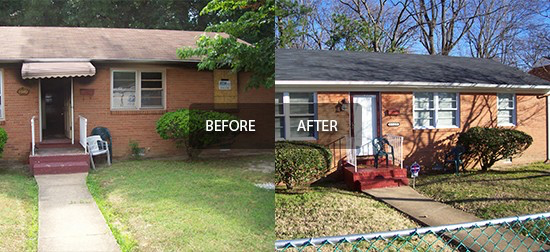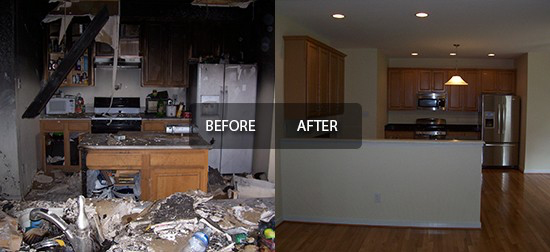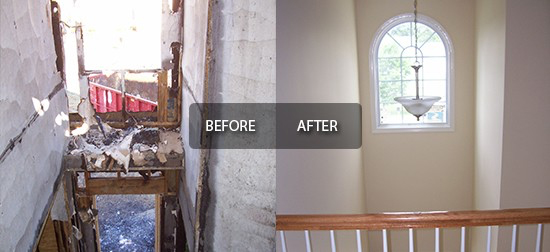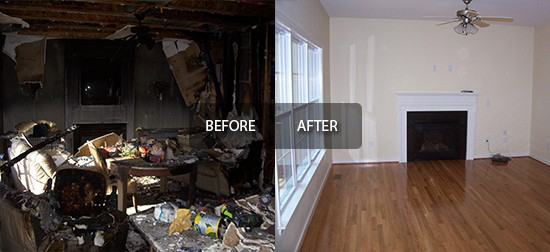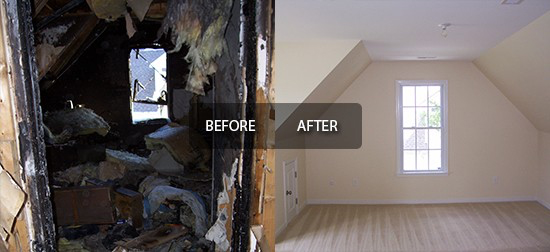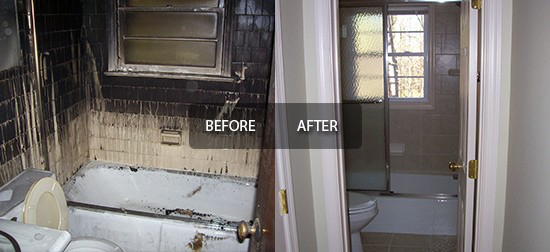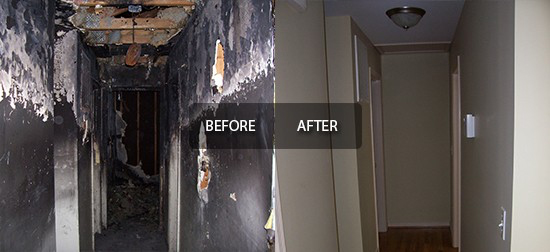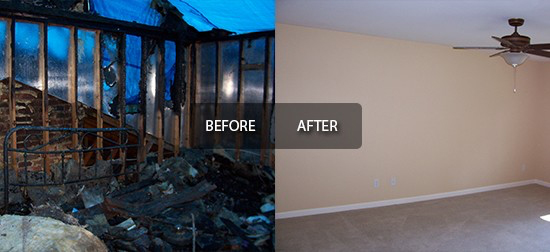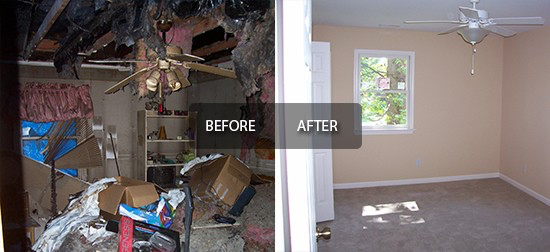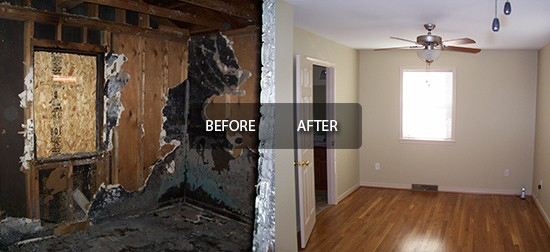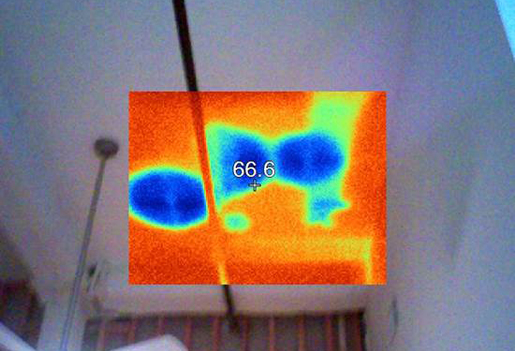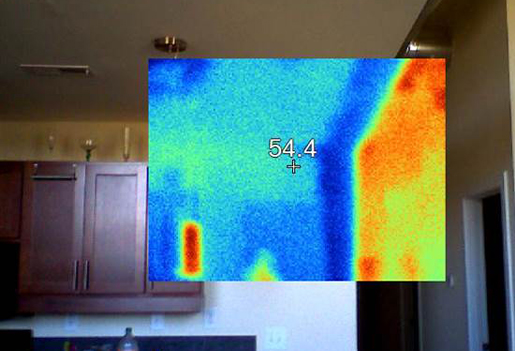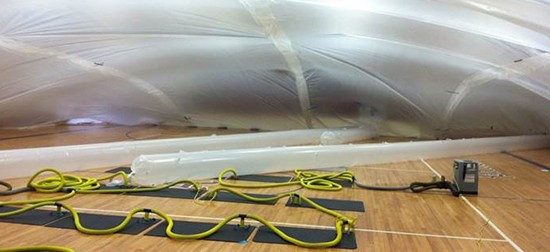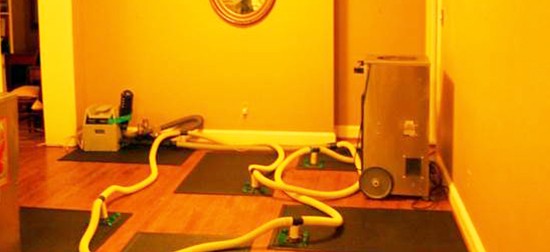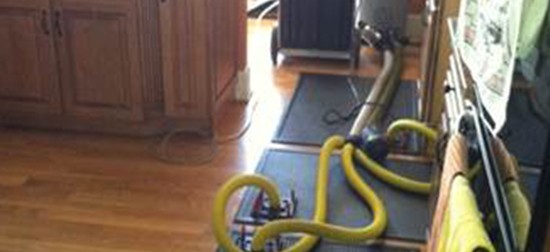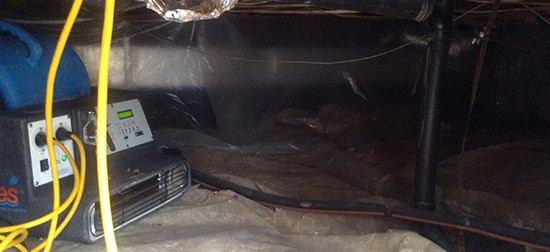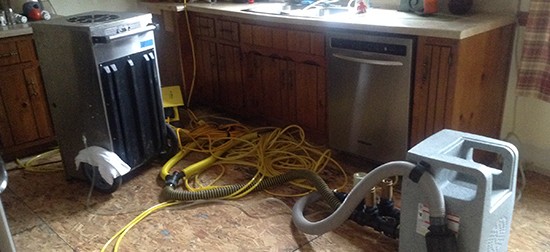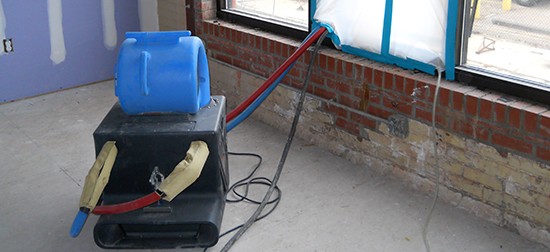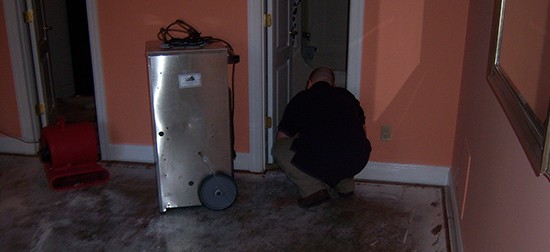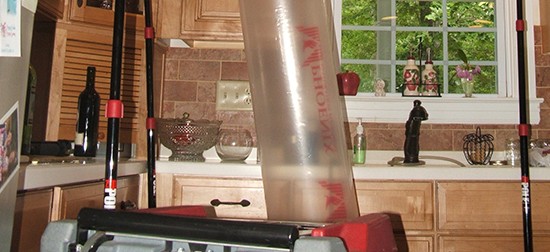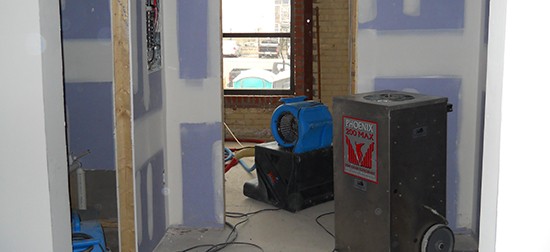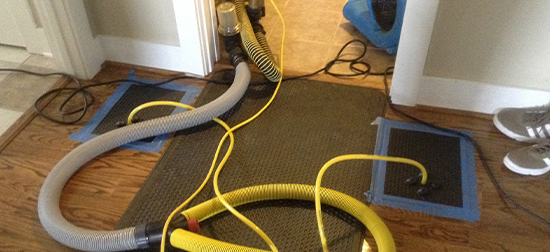House fires are hazardous and can be caused for several reasons. According to the National Fire Protection Association, there are four common sources for house fires: cooking, heating, electrical, and smoking. In this article, we’re going to look at these fire starters in more detail and learn how to avoid them. Let’s get started.
1. Cooking
Everyone must eat to live. Whenever we cook in our homes, we use ovens, stovetops, and microwaves. Though these modern appliances are super handy for cooking quick and delicious food, they also cause house fires.
Almost all cooking fire accidents occur whenever food is left unattended. This is especially true when the food is being cooked on the kitchen stove. The National Fire Protection Association states that almost all cooking fires happen on the kitchen stove.
There are some things to help prevent a fire from starting while you’re cooking. Most importantly, make sure to cook with caution. Don’t ever cook whenever you feel sleepy, incapacitated, or plan to leave the kitchen or home.
Make sure to remain in the kitchen whenever you are frying, boiling, broiling, or grilling food. These cooking methods can easily escalate into a serious fire in a matter of minutes. For simmering, roasting, or baking food, you can leave the kitchen, but use a timer and check it regularly.
If a small cooking fire starts on your stovetop, smother the flames by placing a lid over the pan. Then, turn the burner off, leaving the lid in place until everything has cooled completely. For fires within the oven, turn off the heat and do not open the door.
If you feel even slightly scared that the fire will grow, call 911 immediately. They will be able to contain the fire before it escalates.
2. Heating Equipment
It is so cozy and relaxing to warm up next to a fireplace or indoor heater whenever it is cold outside. Despite how comfy these appliances are, they can be incredibly dangerous. Between 2014 and 2018, around 48,530 fires were started due to heating equipment each year. Together, these fires resulted in about 500 deaths, 1350 injuries, and $1.1 billion in property damage.
Most heating fires happen between the months of December and February. That makes sense since those are some of the coldest months. There are a variety of reasons why heater fires start.
Commonly, flammable materials are placed too close to the heating source. That could be a jacket, wood, curtains, or blankets. The heat from the heater causes these items to catch on fire, and the fire grows from there.
Some heater fires are caused whenever they are left unattended. For example, some people like to keep portable heaters on whenever they leave home or go to bed. Leaving it unattended is an accident waiting to happen since you won’t control the heat whenever you leave.
To help prevent a heater fire, be sure to keep anything that can burn around 3 feet away from the heating sources. The furnace, stove, fireplace, and portable space heater are all considered heating sources. Additionally, never leave portable heaters on whenever you are sleeping or leaving the room. If you use a fireplace, clean the chimney out regularly.
3. Electrical Appliances
One of the best features of modern living is electricity. It allows us to charge a laptop, turn on lights, and watch TV. Although electricity makes life much easier, we still need to be safe when using it because electrical appliances cause a lot of fires every year.
Most electrical fires start when people use improper outlets, place electrical cords next to flammable items, and use too many cords per extension cord or outlet.
To prevent an electrical fire, make sure an electrician does all electrical work. Electricians are specifically trained for installing and maintaining electrical appliances for optimal safety and efficiency. Even if you feel you can do the job, let a professional do it.
Don’t overdo it on chords, either. You shouldn’t run extension cords all throughout your home, and you certainly shouldn’t plug big appliances into them. Things like washers, dryers, stoves, refrigerators, and other similar appliances should be plugged directly into a wall.
Here are some signs that you are having issues with your electricity:
- Blowing fuses
- A tingling feeling as you touch an appliance
- Discolored wall outlets
- Warm wall outlets
- A burning smell
- Sparks from an outlet
- Flickering lights.
Call an electrician if you see any of those signs.
4. Smoking
Smoking is a nasty habit that harms your health and the health of those around you. Not only that, but smoking can cause house fires too. Luckily, like the other items on this list, smoking fires are largely preventable.
If you smoke, only use cigarettes that are considered fire safe. Additionally, never use them or cigarettes inside. Instead, smoke outside where there is proper ventilation and less of a chance for flammable items to catch on fire.
Make sure to put the cigarette out completely as well. Use an ashtray, and do not put it next to anything that can burn. Whenever you discard cigarettes, avoid doing it in places with vegetation. This includes plants, mulch, and grass. Always submerge the cigarette butt in water or sand before throwing it away. This ensures that it is out.
What To Do After A Fire Has Damaged Your Home
If you have experienced a fire in your home, you might be wondering what you should do next. If you caught the fire early enough, you hopefully only need to replace certain appliances. However, some fires can grow out of hand and require full fire restoration.
If that is the case for you, contact a Richmond restoration service to help get your home back to working condition. These services will be able to clean out the house and ensure that your home’s structural integrity is still intact.
Conclusion
Most home fires are caused by the same four things: cooking, heating equipment, electrical appliances, and smoking. Luckily, most of these fires can be avoided with special care and precautions.
For any and all of your restoration needs, call VRS today!

